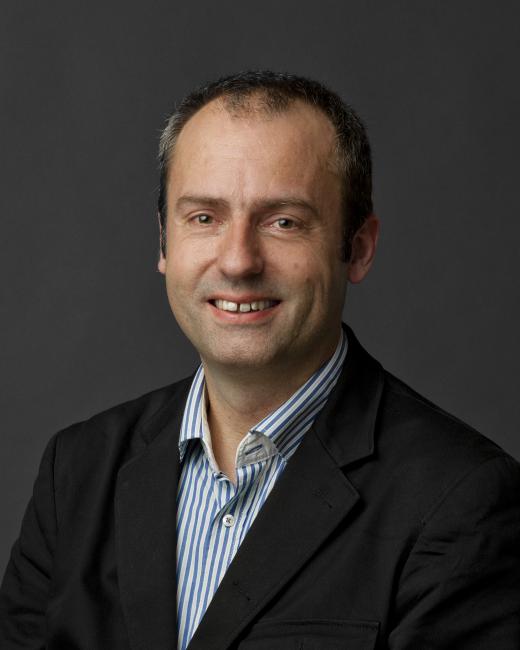Niklas Gericke, Professor of Science Education
Niklas Gericke studied to be a teacher of mathematics and natural science at the former Karlstad University College at the beginning of the 1990s. His majors were biology and chemistry. He worked as a teacher at a lower secondary school for two years and in upper secondary and adult education for seven years.

Niklas Gericke then applied to the national graduate school in natural science and technology education, FontD and was admitted to Karlstad University in 2003, earning his doctorate in 2009 and was then appointed associate senior lecturer. He was promoted to docent (associate professor) at Karlstad University in 2013.
Niklas Gericke’s research is linked to school practice and is aimed to improve teaching. He explores the questions what, why, how and when something should be taught. By studying mechanisms and processes in and outside of the classroom, we can gain insights into issues that will benefit teaching.
”My research is subject-specific and relates to teaching and learning in natural science with an emphasis on biology. Thematically my research has centred on genetics and sustainable development. I have studied transformation processes, that is, how the subject structure of genetics changes when it is moved from academic disciplines and reconstructed in the school subjects biology and chemistry. I have also studied in what ways this transformation affects students’ understanding of subject content.”
Niklas Gericke’s second major research focus concerns the implementation process of learning for sustainable development, LHU. LHU comprises a complex system of interdisciplinary content and transformative teaching methods, that is, the art of sharing information in a meaningful way. He has studied how these effects are related and in what ways they have impacted on the Swedish school system and how schools can be organised to facilitate the implementation of LHU.
Niklas Gericke has also studied the effects of policy decisions, which means that his research is relevant to the political and organisational level. He suggests that many decisions in a school context are based on societal trends rather than on empirical studies.
”Education is one of the most important institutions for a good society. School practice must be based on research and subject-specific teaching research can provide a better understanding of school reality so that the teaching can be improved.”
With school-aged children, Niklas Gericke’s life is filled with job and family. He has had a passionate interest in international football since childhood and looks forward to Champions League in the autumn evenings when he is not busy cultivating his interest in history, which, incidentally, has been useful to his work from a history of science perspective.

